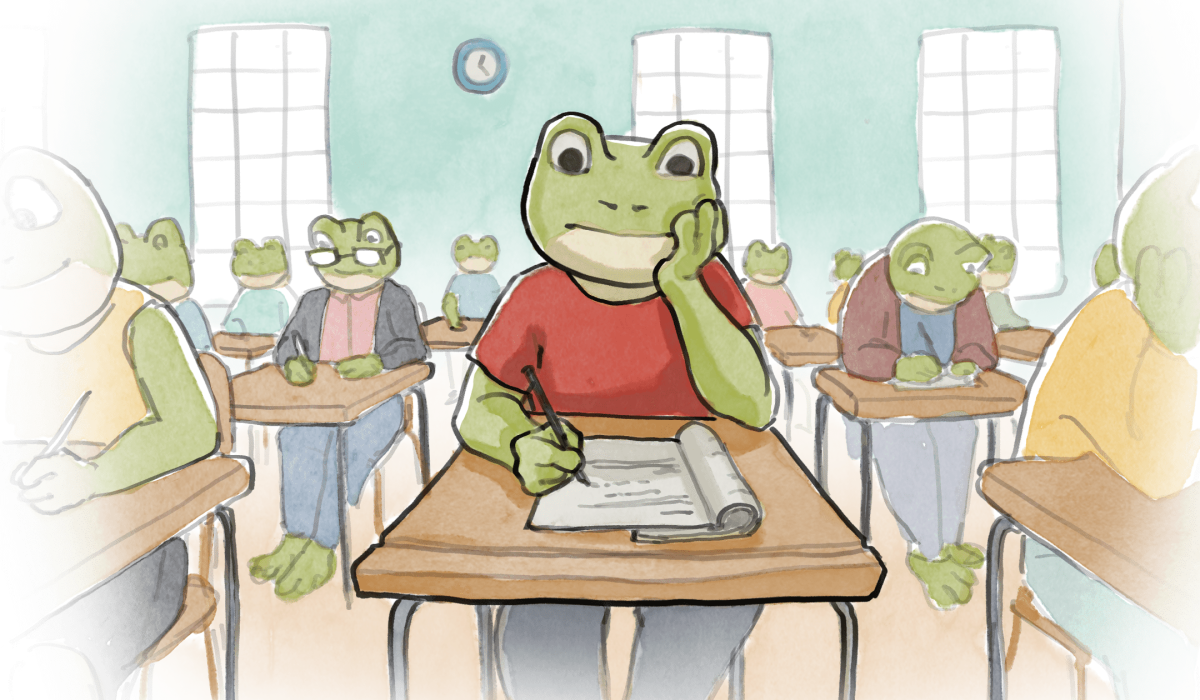- Lack of Focus on Critical Life Skills
Modern children need more than just academic knowledge. They require a diverse skill set to thrive in an increasingly complex and interconnected world. Unfortunately, many schools continue to prioritize rote learning and standardized testing over the development of critical life skills, such as problem-solving, communication, creativity, and adaptability. These skills are essential for success in the modern workforce, but they are often overlooked in the traditional educational system.
- Limited Personalization
Every child is unique, with their own strengths, weaknesses, and interests. However, traditional schools often follow a one-size-fits-all approach, where students are expected to learn at the same pace and in the same way. This lack of personalization can lead to disengagement and frustration among students who do not fit the mold. Modern children require more individualized learning experiences that cater to their specific needs and interests.
- Technology Divide
While technology has the potential to revolutionize education, there is a significant technology divide among students. Some have access to the latest devices and high-speed internet, while others do not. This digital divide can exacerbate educational inequalities, as those without access to technology miss out on valuable learning opportunities. Schools need to address this divide and ensure that all students have equal access to digital resources.
- Changing Social and Emotional Needs
Modern children are growing up in a world that is vastly different from that of previous generations. They face unique social and emotional challenges, such as cyberbullying, the pressure of social media, and the constant bombardment of information. Schools must adapt to these changing needs by providing comprehensive support for students’ mental health and emotional well-being.
- Insufficient Teacher Training
Teachers play a crucial role in shaping the education system. However, many teachers are not adequately trained to address the evolving needs of modern children. Professional development opportunities are often limited, and teachers may struggle to keep up with the latest educational trends and technologies. Investing in teacher training and providing ongoing support is essential to ensure that educators are equipped to meet the changing needs of their students.
- Standardized Testing Pressure
The emphasis on standardized testing as a measure of educational success has placed undue pressure on both students and teachers. Schools are often judged based on their test scores, leading to a narrow focus on test preparation rather than holistic education. This pressure can stifle creativity and innovation in the classroom, hindering the development of well-rounded individuals.
Potential Solutions
- Curriculum Reform: Schools should update their curricula to reflect the needs of the modern world, incorporating subjects like digital literacy, critical thinking, and emotional intelligence.
- Personalized Learning: Embrace personalized learning approaches that cater to individual student needs and interests, allowing them to progress at their own pace.
- Teacher Development: Invest in teacher training and provide ongoing professional development to keep educators up-to-date with the latest educational practices.
- Technology Access: Ensure equal access to technology and digital resources for all students, bridging the digital divide.
- Focus on Life Skills: Place a greater emphasis on teaching critical life skills, such as problem-solving, communication, and adaptability.
- Comprehensive Support: Implement comprehensive mental health and emotional well-being programs to address the unique challenges modern children face.
Conclusion
It is evident that schools are struggling to meet the changing needs of modern children. To prepare students for the complex and dynamic world they will inherit, our educational system must adapt. By updating curricula, prioritizing life skills, embracing technology, and providing comprehensive support, schools can better serve the needs of the next generation. It is imperative that we recognize the evolving landscape of education and take proactive steps to ensure that our children receive the education they deserve in the 21st century.





